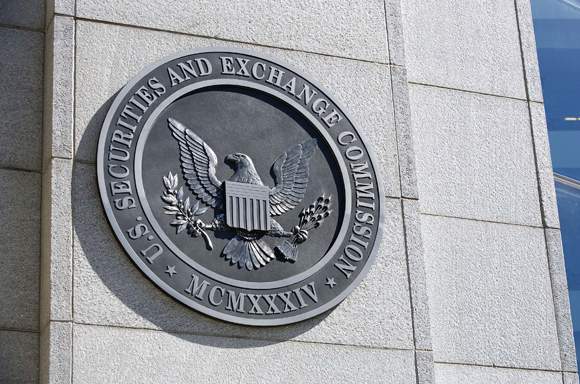Bruce R. Bent, credited with inventing the retail money-market fund before presiding over the industry's highest-profile collapse, was named one of 60 “visionaries” of the mutual-fund business.
Bent and the others “helped to create the foundation of the industry and have led and protected it in the past quarter- century,” New York-based fund research firm Strategic Insight said yesterday in an e-mailed statement. John Bogle, founder of Vanguard Group Inc., Pimco's Bill Gross and BlackRock Inc.'s Laurence D. Fink are also among those being saluted at a Nov. 7 gala.
“I'm pleased and honored,” Bent said in a telephone interview. “I don't see why my selection should be controversial,” he said, referring to his work establishing the first money fund more than four decades ago. “What I did is what I did.”
Bent, 74, founder and chief executive officer of closely held Reserve Management Co., was accused of fraud by the U.S. Securities and Exchange Commission in May 2009 for allegedly misleading investors and trustees in the run-up to the collapse of the $62.5 billion Reserve Primary Fund in September 2008. The fund, which had invested in debt issued by Lehman Brothers Holdings Inc., became only the second ever to expose investors to losses, or break the buck, when Lehman filed for bankruptcy protection.
The Bents “engaged in a systematic campaign to deceive the investing public” into believing Reserve Primary was safe following the Lehman bankruptcy, according to the SEC's civil complaint. Investors lost access to most of their money for months, eventually recovering about 98.5 cents on the dollar.
Fighting SEC Claims
Bent and his New York-based firm are fighting the SEC allegations, he said. No trial date has been set.
Bent, discussing the industry honor, cited a compliment paid by Peter Lynch, the former Fidelity Investments fund manager, in Lynch's book “One Up on Wall Street.”
“There ought to be a monument to Bruce Bent and Harry Brown for inventing the money-market fund,” Lynch wrote.
Bent and Brown opened the Reserve Fund, later named Reserve Primary, in 1970. He often said the best money-market funds should be “boring,” and derided rivals that invested in securities linked to subprime mortgages and other risky debt.
Reserve Primary held $785 million, or about 3 percent of its assets, in Lehman debt when the New York bank declared bankruptcy on Sept. 15, 2008. Its closure the following day sparked a run on money funds that helped freeze global credit markets and abated only after the U.S. Treasury Department guaranteed the funds against losses on Sept. 19.
Regulators are considering plans for new rules aimed at making money funds safer.
‘Unforeseeable' Condition
The Bents told the fund's board of trustees, investors and credit-rating firms on Sept. 15, 2008, that the company would provide credit to support the fund's $1 share price when they had “no such intention,” the SEC said in its complaint.
Bent and his son Bruce R. Bent II also tried to persuade shareholders to stay in the fund to prevent redemptions from pushing its share price below $1, the SEC said.
Reserve Management said in a May 2009 statement after the lawsuit was filed that Lehman's bankruptcy “created an unforeseeable and out-of-control condition for many parties and the results were serious. We remain confident that we acted in the best interest of our shareholders.”
Bent declined yesterday to comment further on the case.
Avi Nachmany, research director of Strategic Insight, said the selection of industry visionaries was made by an advisory panel of 15 that included fund executives, former regulators and analysts.
“Clearly there are other areas of controversy, but we were looking for the individuals who set the foundation of the industry,” Nachmany said in a telephone interview.
The widespread acceptance of the money-market mutual fund paved the way for the popularity of stock and bond funds in subsequent years, he said.
--Bloomberg News--







